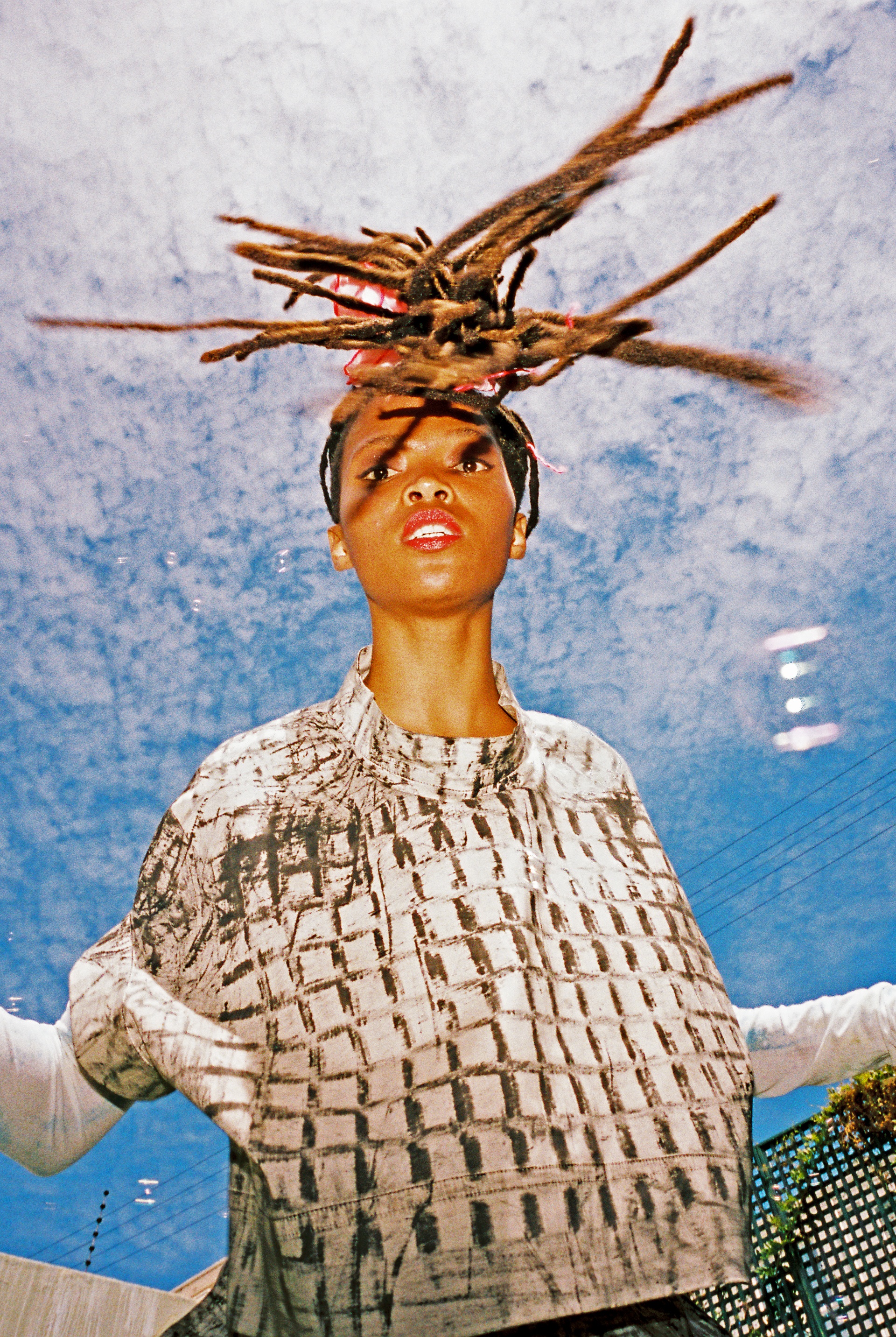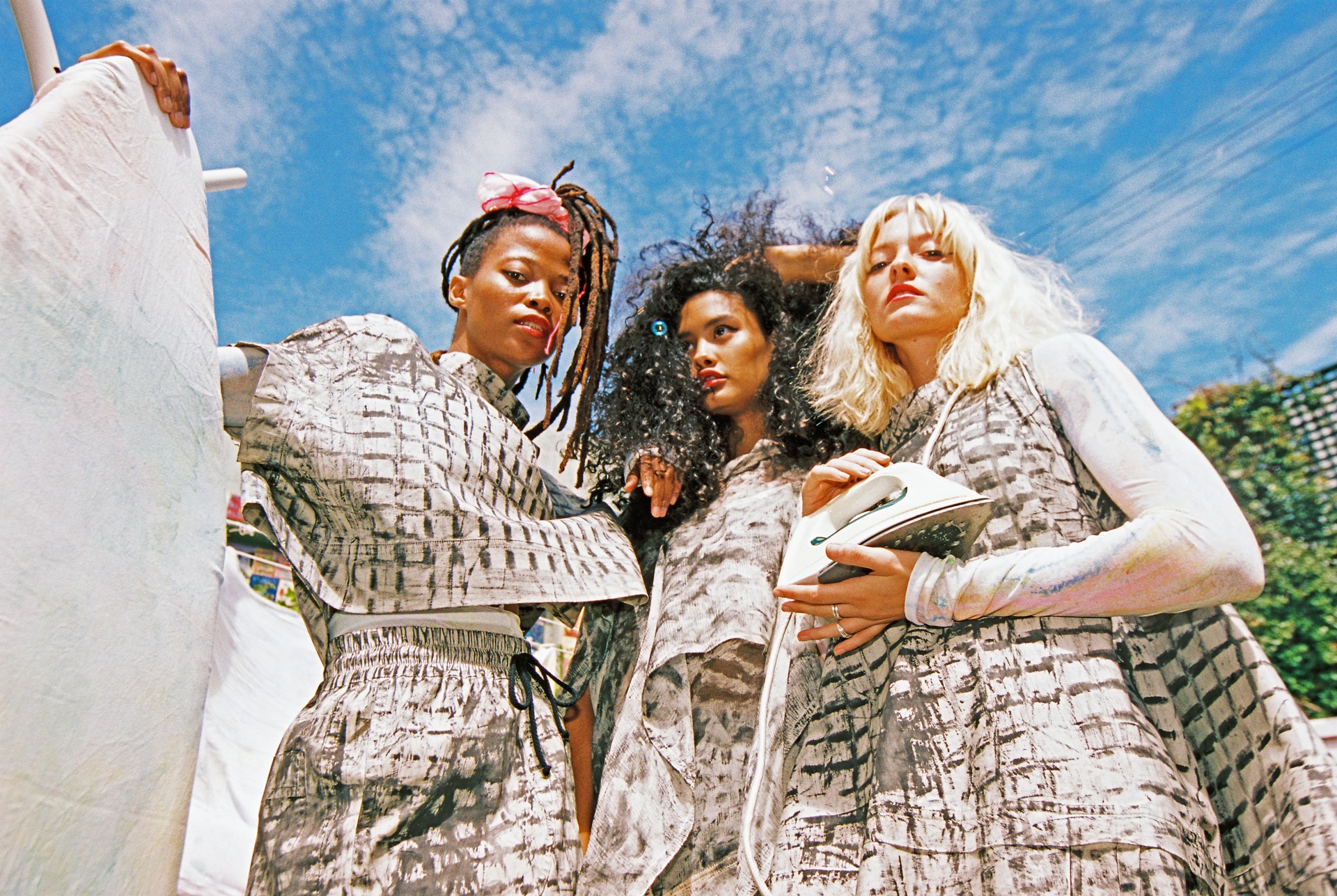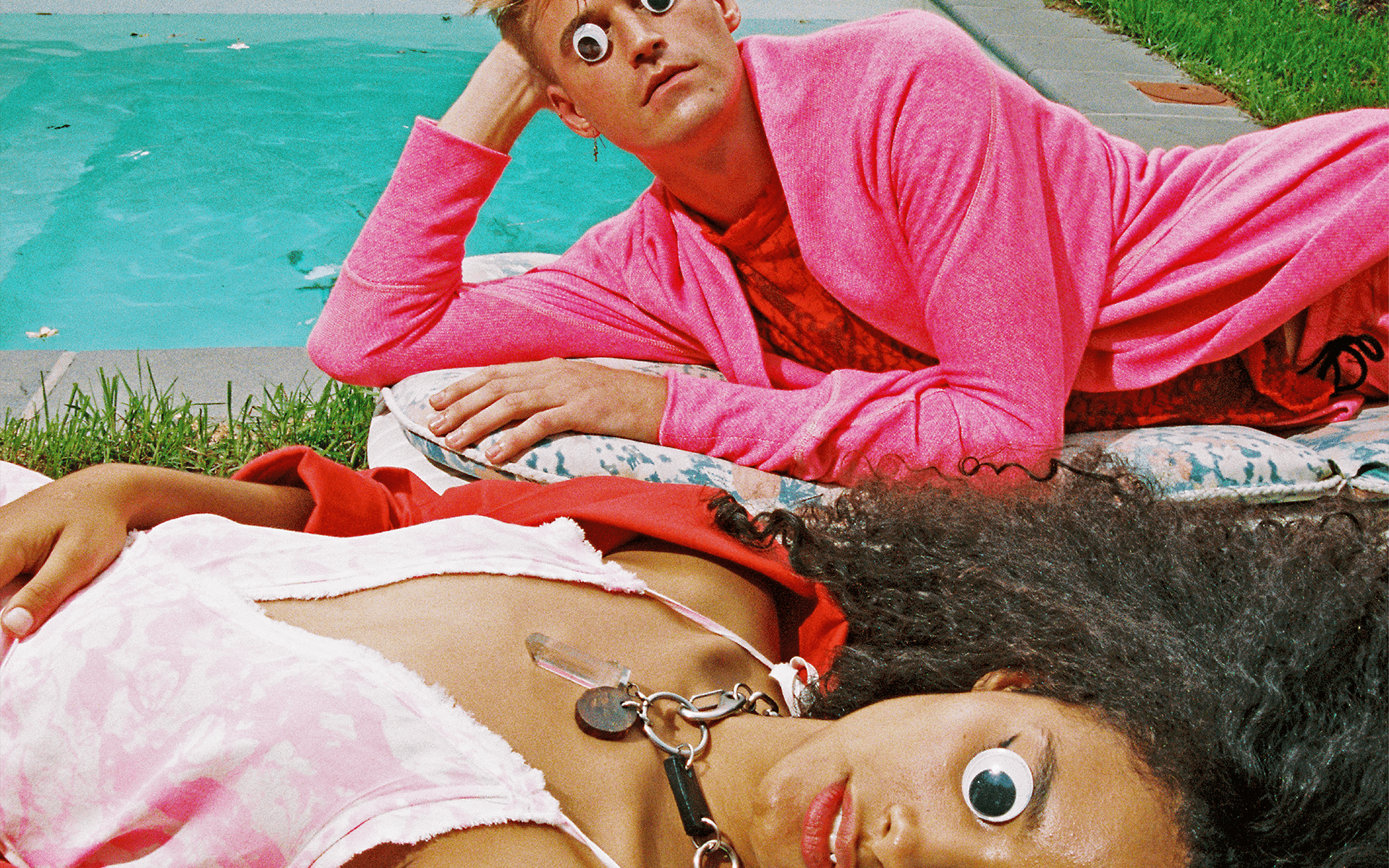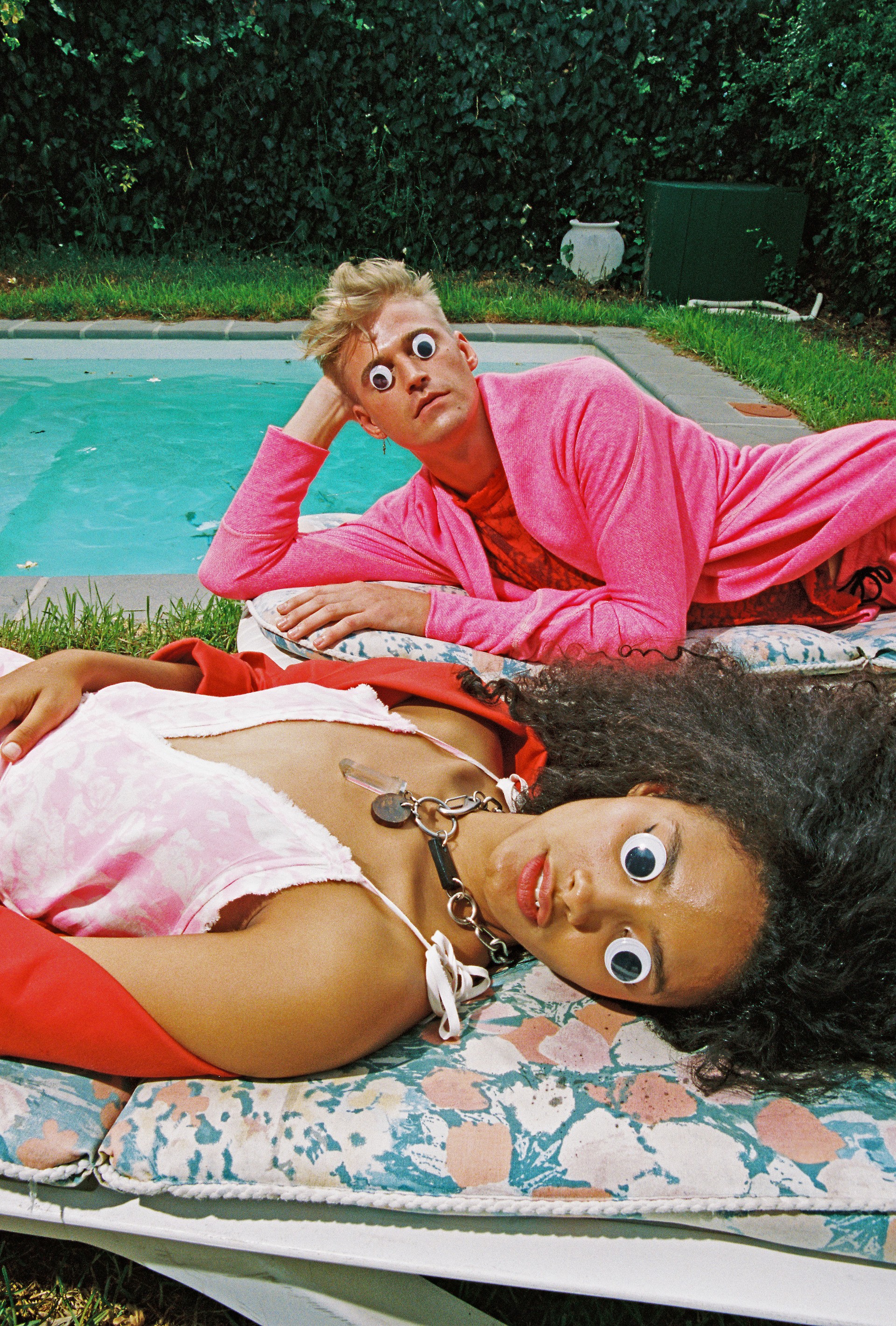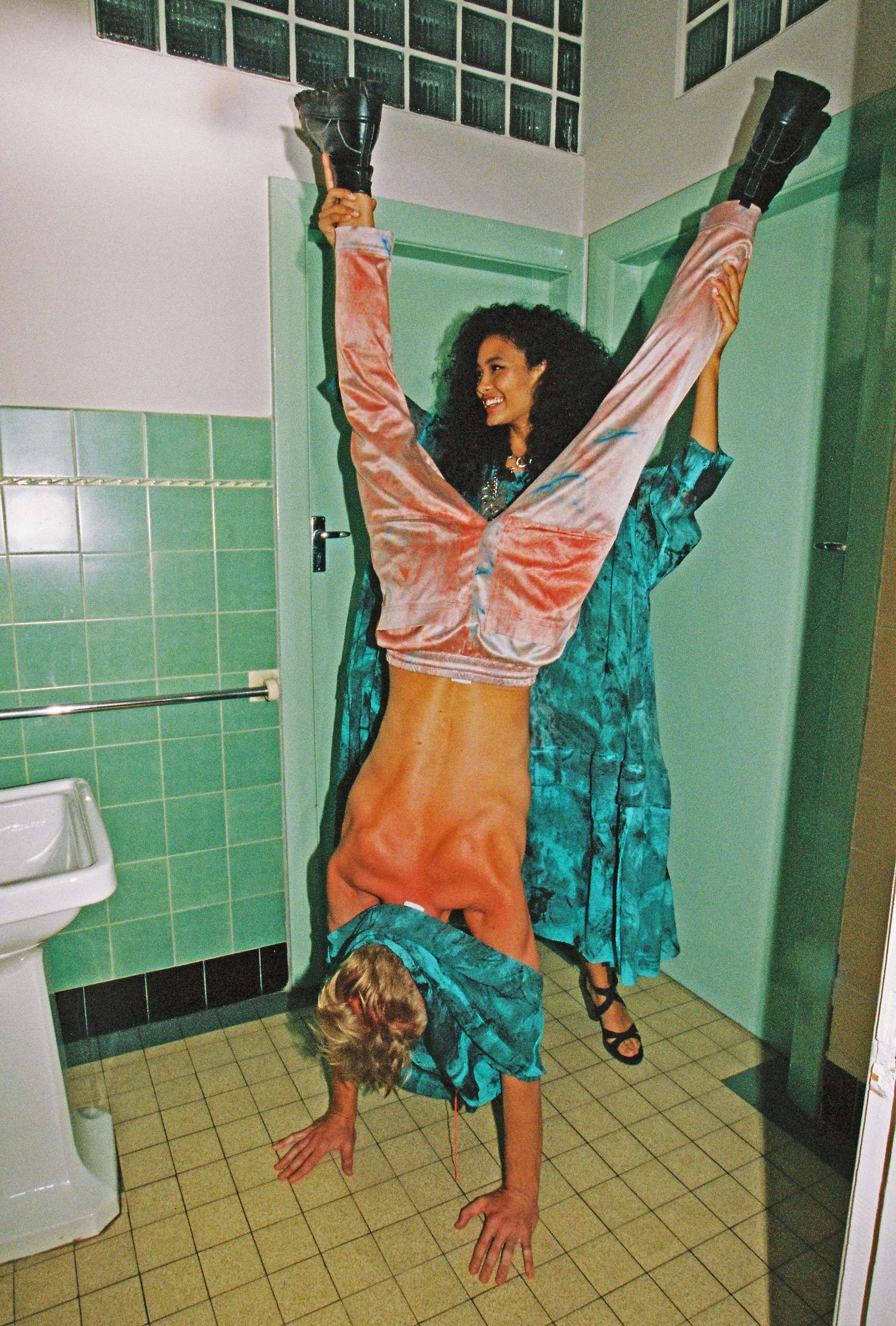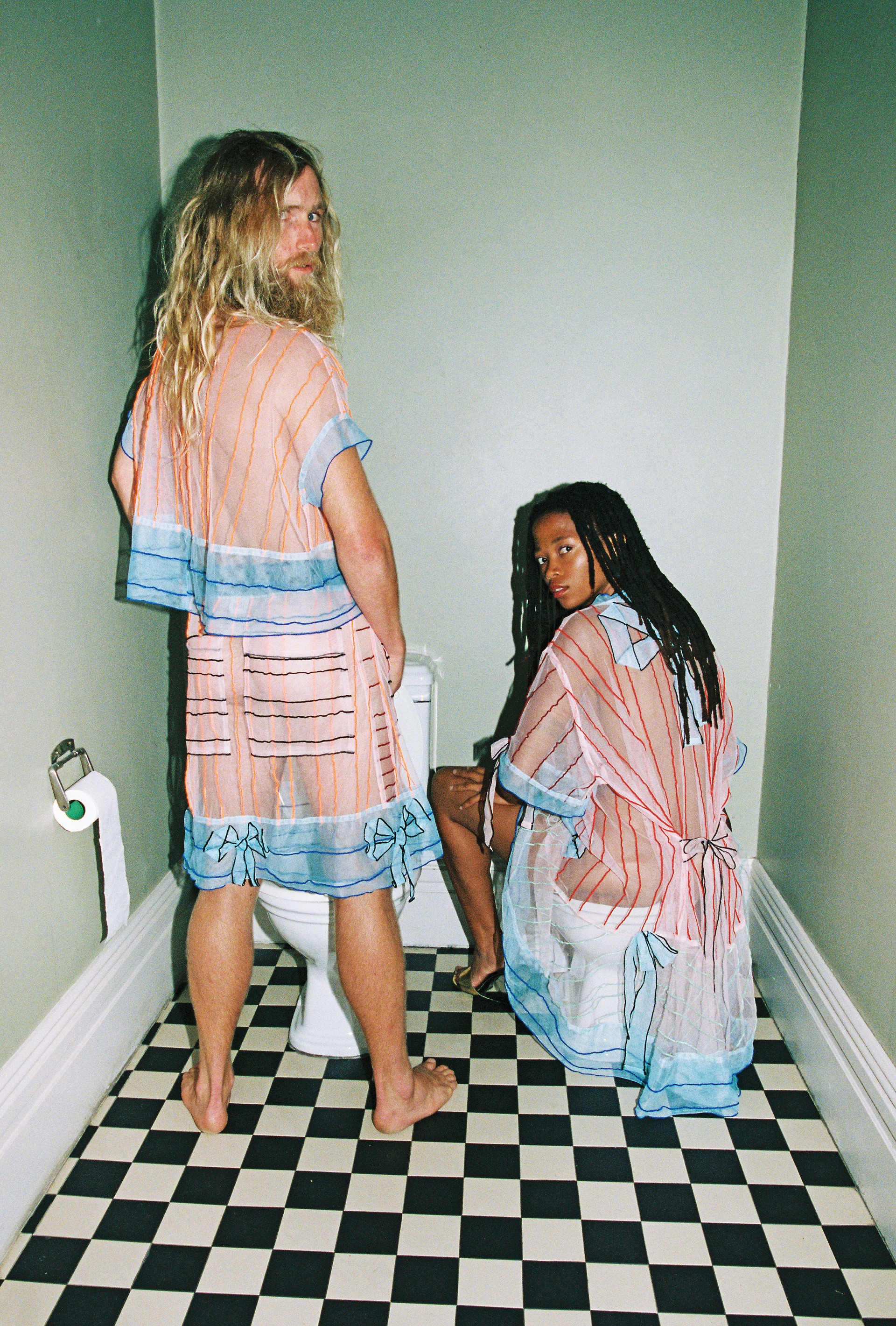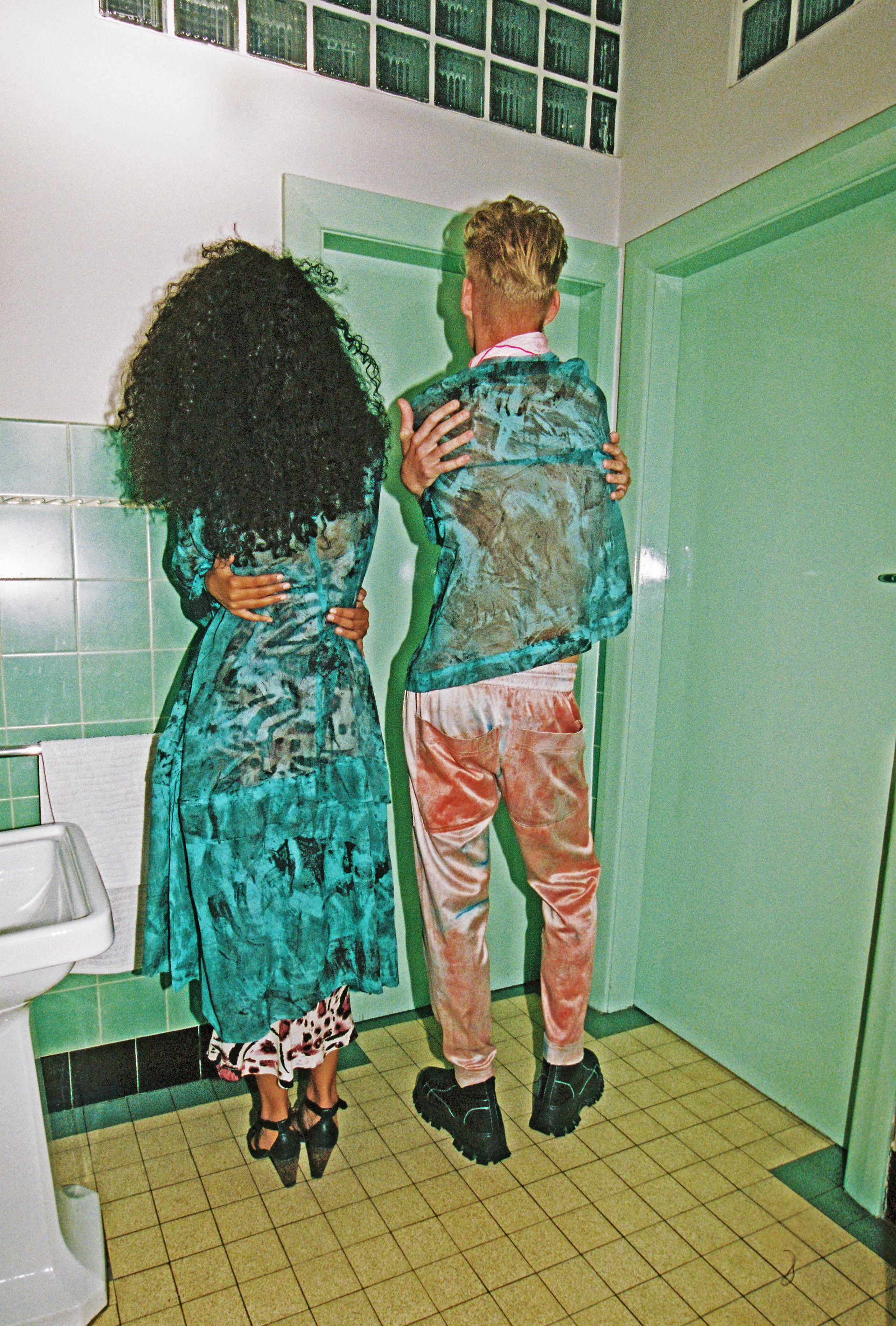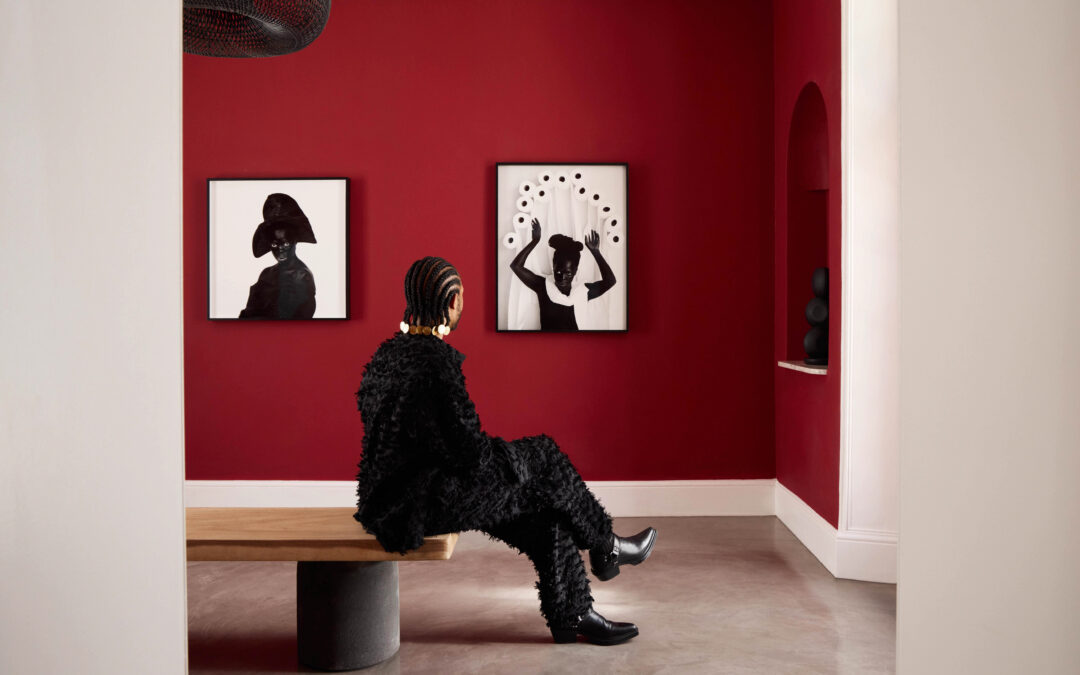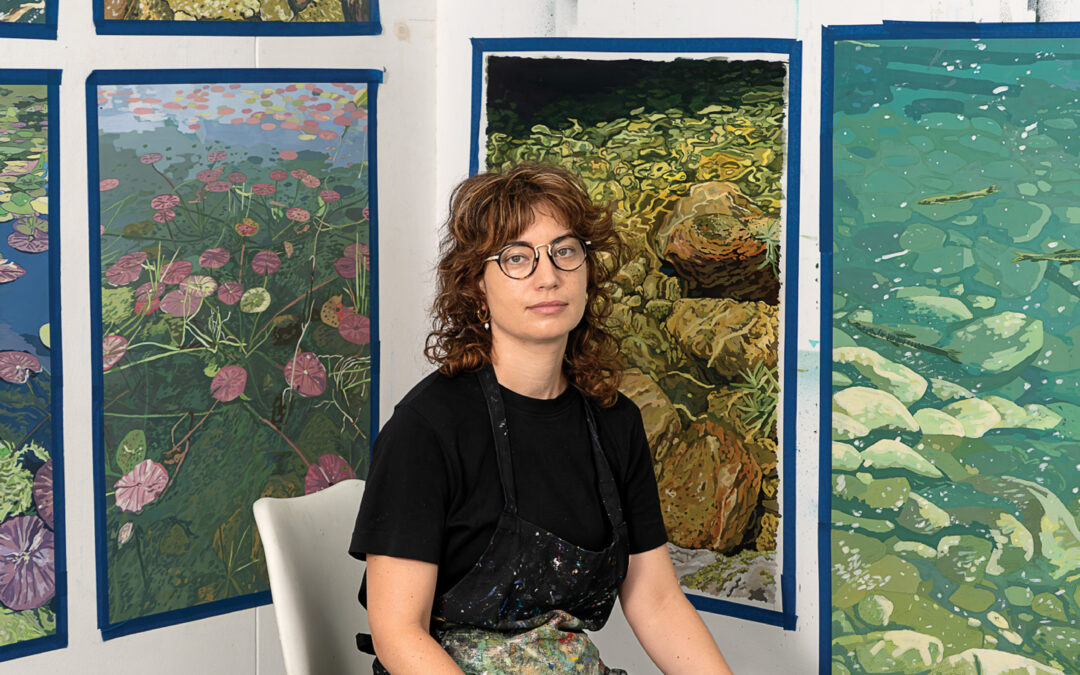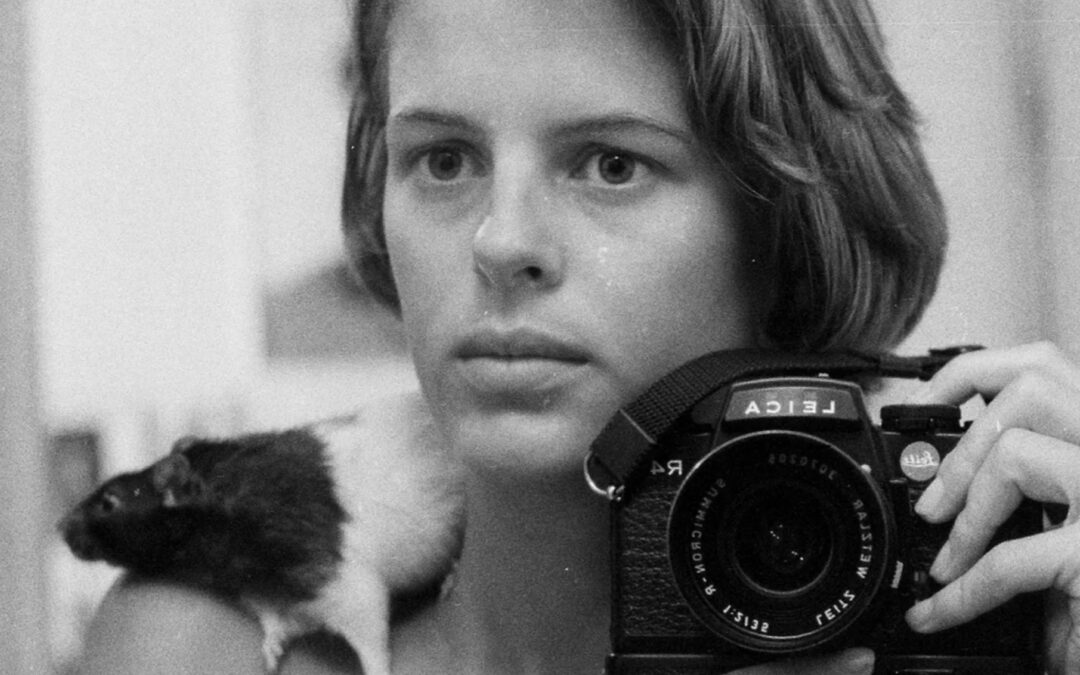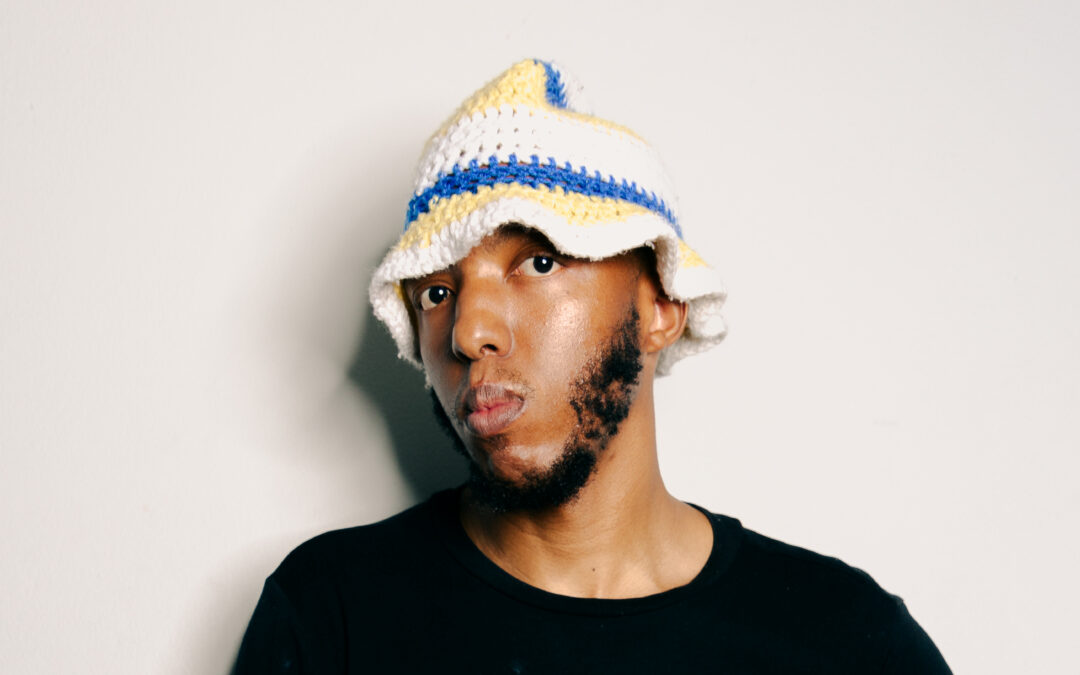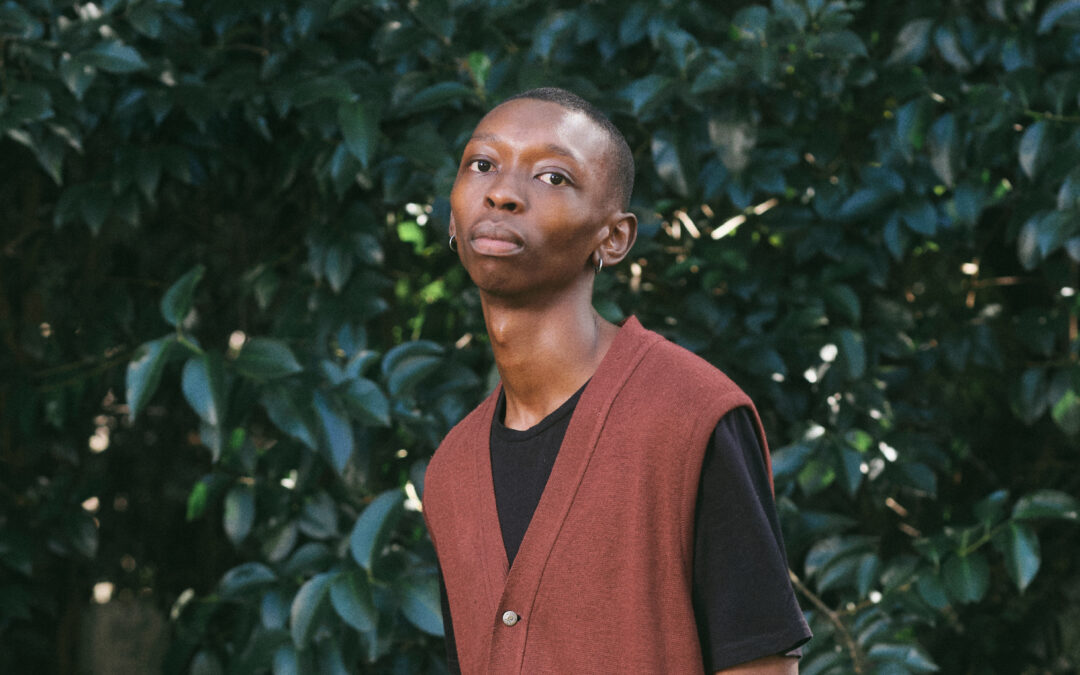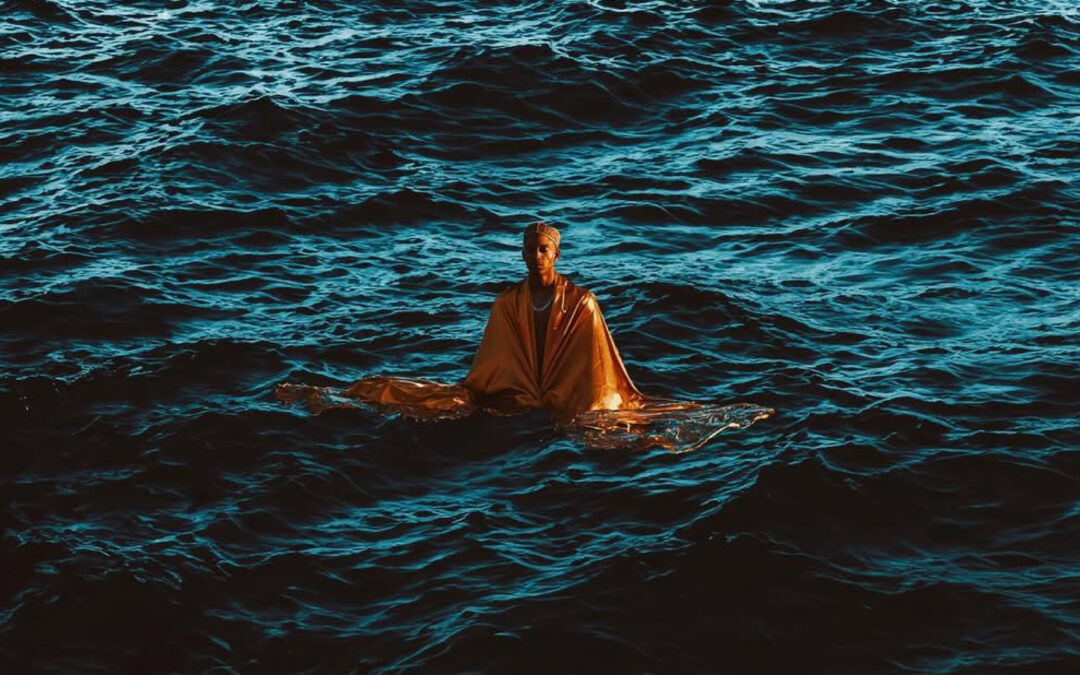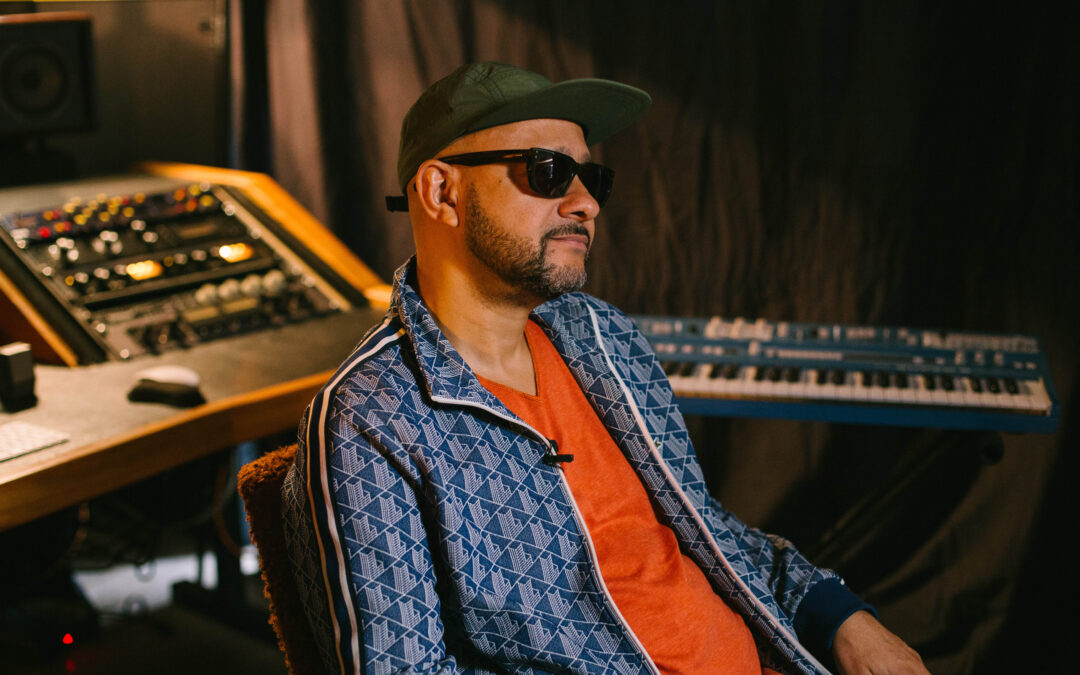Matt Ginsburg’s images feel reminiscent of time before everyone was a photographer – and although the analog revival has been well under way for a while and everyone is a photographer through their phone, Matt’s work makes the case for craft and curiosity as integral for creating archives. The 21st century is a hashed out accumulation of everything, with a strong focus on nostalgia as we struggle to depart with the last century and the wildness of its latter decades – we want to hold onto a sense of authenticity that we have placed in the past as opposed to the present reality of things. When I view Matt’s images, the intimacy of his images are illuminated by an intense understanding of colour and composition, and strangely high-res for the often grainy feel of 35mm – yet the nostalgia is there, and the feeling of the moment remains alive despite it living on in static, but these are moments that are occurring now; the people and places he captures are not bygones. Matt is not referencing anything but that which stands before him; transfixed on his subject beyond temporal limitations.
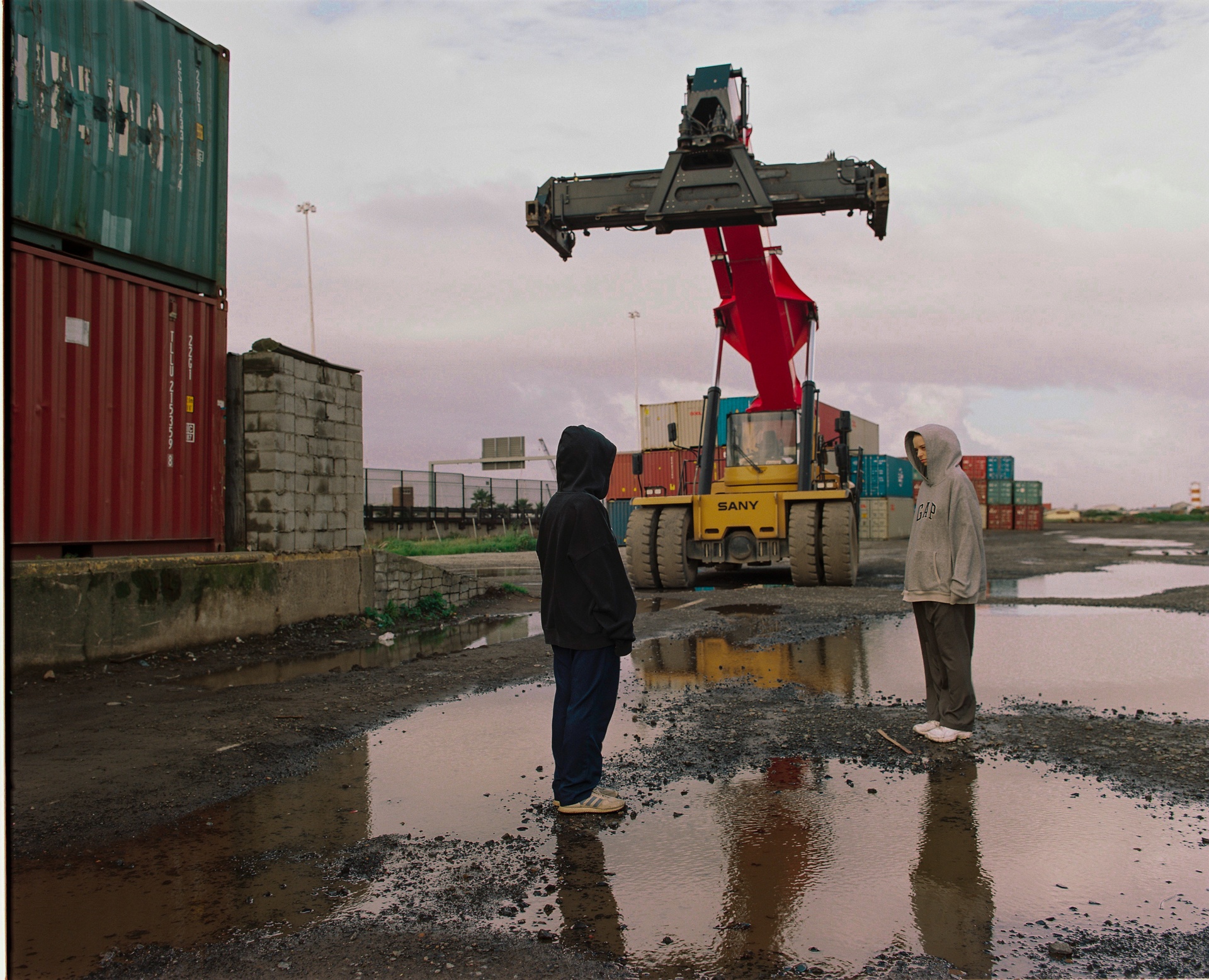
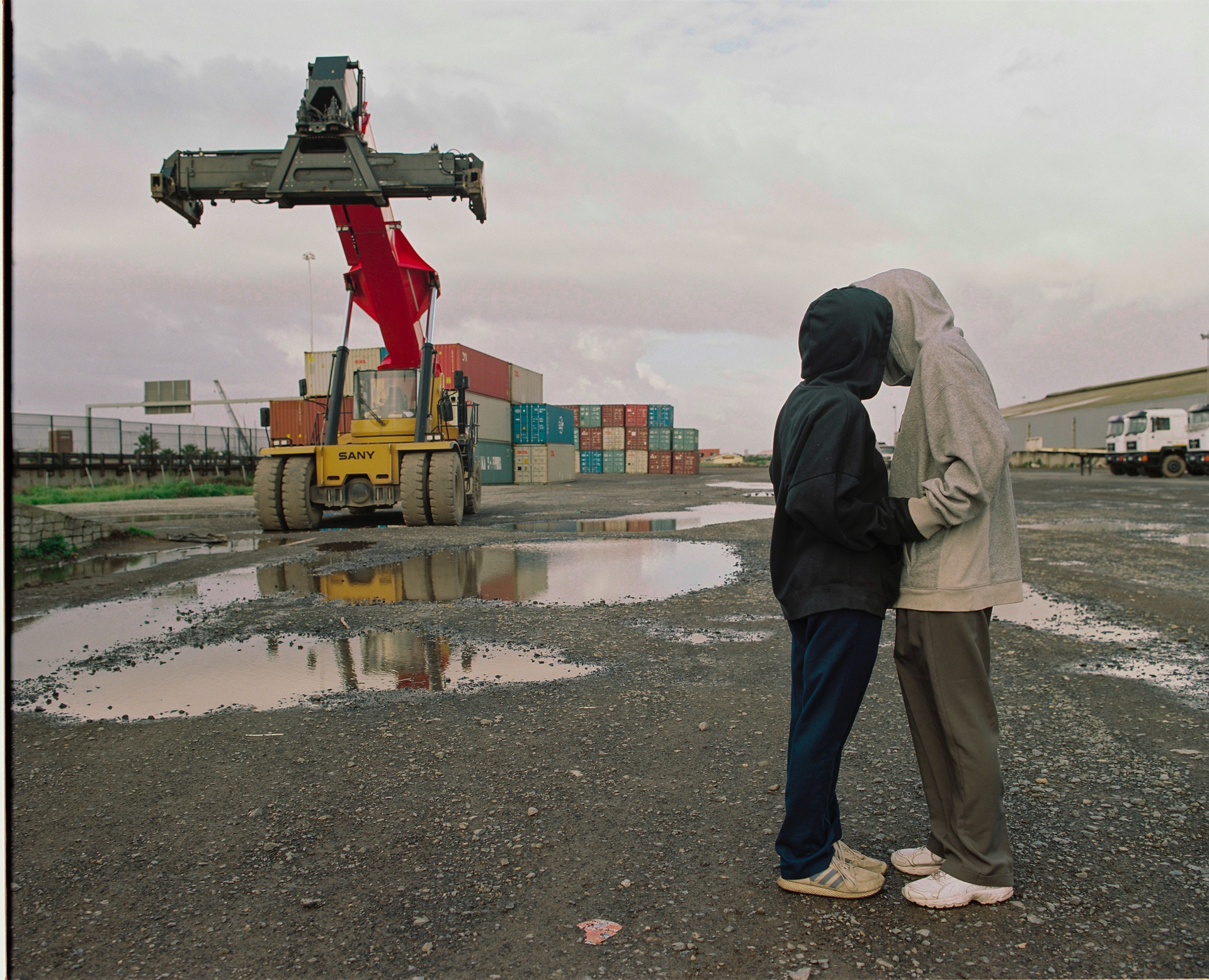
“I think we were the first generation that actually learned photography on a phone – so it’s quite interesting to see many people return to analog but informed by a digital understanding. I remember my older brother got a Sony Ericsson that had a camera, which was wild, and we were on a road trip when he first let me play around with it. I was amazed. My first project was at 13, I had convinced my mom to get me a disposable camera, and we went to the Natural History Museum – and I was just running around going mad but also trying to be selective. I loved that I had a finite number of pictures; that changed the game for me. Later on, once I got my first camera, I learned through the books of Ansel Adams. He is a maestro particularly on exposure, and I owe a lot to him in how to build a unique thought process as a photographer.” Matt reminisces in our conversation on where the love for photography, and particularly film, began for him.
Matt is a concept photographer, deriving a lot from his initial idea – but remains unwavered by a deterministic fixation; “Like most creatives I am a storyteller – and my medium is a camera. I went to film school and thought I’d be a director and writer, and learning both of those roles has definitely contributed to how I practice. With regards to people – I love human beings – and their stories, who they are and the energy they bring into spaces. Shooting people is not about treating someone as a human clothing hanger or even as a character in your own story, it’s very participatory and it’s not even about liking the way someone looks – I’ll always ask for a conversation beforehand on their hopes, fears and what motivates them. It’s either that or just in the moment – and I think this allows me to let go of my preconceived notions. It’s the collaboration of my impression of them and how we arrive at that point, together, that is really exciting. The biggest compliment I ever get is if someone makes my photo their profile picture – it sounds strange – but then it feels like I have accurately captured them, in the way they want to be seen. Not necessarily the way I think they should be seen.” This earnest remark is profound; a sort of wisdom of the times. In a world usually marred by the hyper-perceptive and curatorial nature of social media, it is beautiful to think that the essence of what we do in this digital landscapes is tell our stories – whether it’s through our personal feeds or profiles – that what lies at the core of these “illusory” formats is our innate desire as human beings to be seen, either as we are or as we wish to be. In this regard, Matt is a brilliant visual diarist – and working as a casting director for many years paved the way for being able to cut through to the core of people in front of cameras. These fleeting moments of people in and out during casting influenced Matt’s relationship to people as a story-teller, “Models and actors will come into a casting space and be wholly concerned with what the director wants from them. I realised in that process that there should be a space between that – that instead of telling someone how to do something, rather one should ask them how they would do it. Even something as simple as telling someone how to pick up a glass of water becomes a very different motion when you just ask them to do it themselves. Once someone is themselves in that moment, then they can morph into a character. I think there’s a skill in that; drawing out someone’s confidence in their own abilities, in their way of being totally themselves, and having that as the root for whatever comes next in a scene or still.”
At the moment, Matt is not releasing much of his work – having recently taken up a full time position with. This shift from freelancing into working with new equipment and for a different purpose – namely, for the metaverse – which has provided him with a chance to step back into himself. “My practice has changed and although I am shooting a lot of stuff, I am keeping it intentionally in the shadows. I’m trying not to focus on the exhibition – the showcase and outcome – and go back to the process, and let that be the guiding force. When I am concerned about the presentation, I become concerned about what other people think, and that can be murky waters for the inner-critic. It’s important for staying true to one’s own vision to dial back on the outcome.” With Matt’s process, there has been a quietness in how he approaches references and inspiration; preferring to avert his awareness from too much external influence. This has fared well with his ability to arrive to his work with as much of his own vision, on this he says “I’m the kind of person who doesn’t want to know anything before I watch a film – I don’t want to know the characters, or even the context further than the brief synopsis tagline. Translating that into my creative work, I try to dial back on Instagram for example. I find we are in these echo chambers and it’s the algorithm drawing us into this particular way of expressing ourselves or being. With the current work I am doing, I go out to remote places and image the land – I can’t speak too much on more than that – but it’s ignited this deep interest in me about the people and land. How people are situated and related to the land, and it’s a new concept for me – it’s not studio work, or anything staged, it’s as unabridged as possible.”
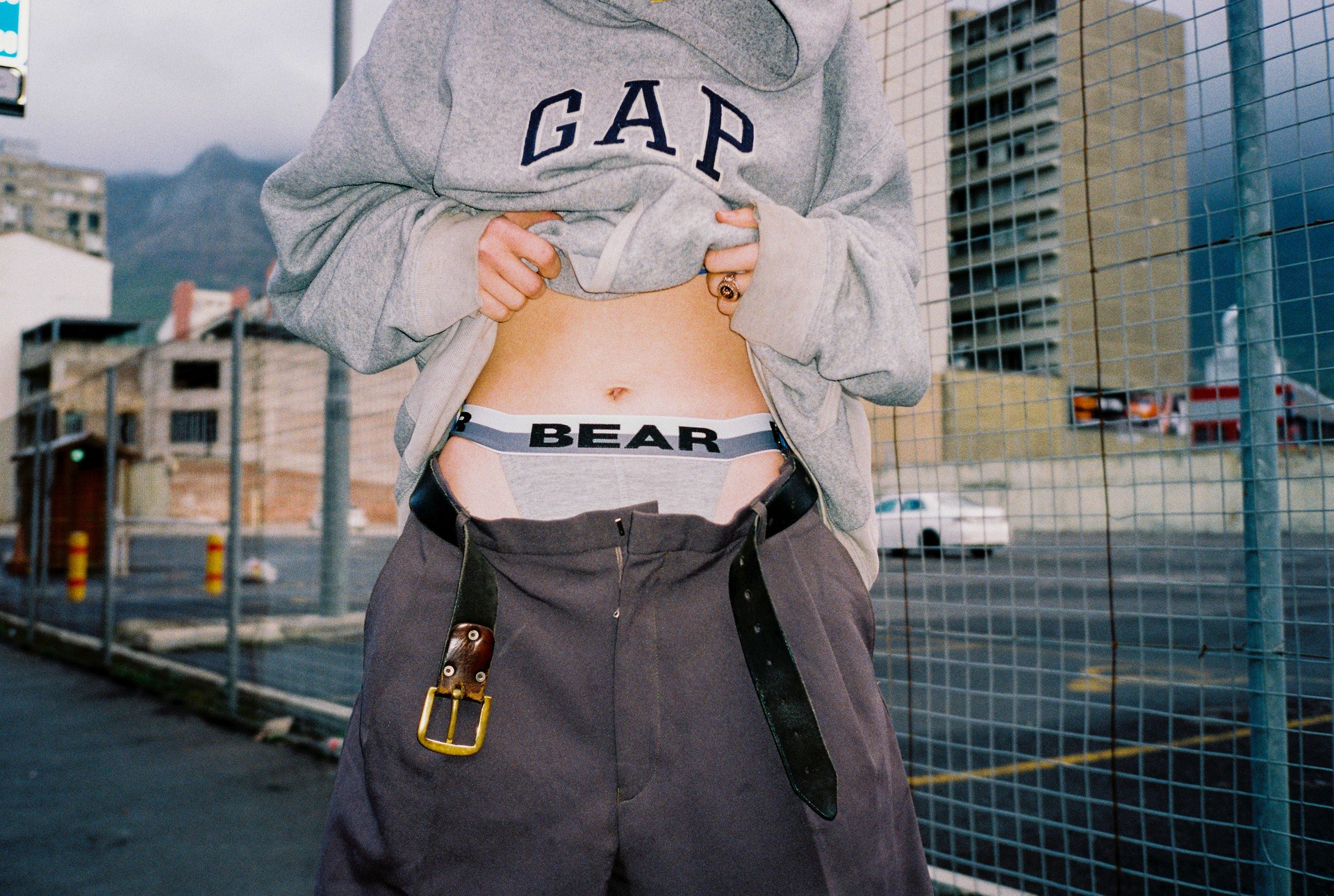
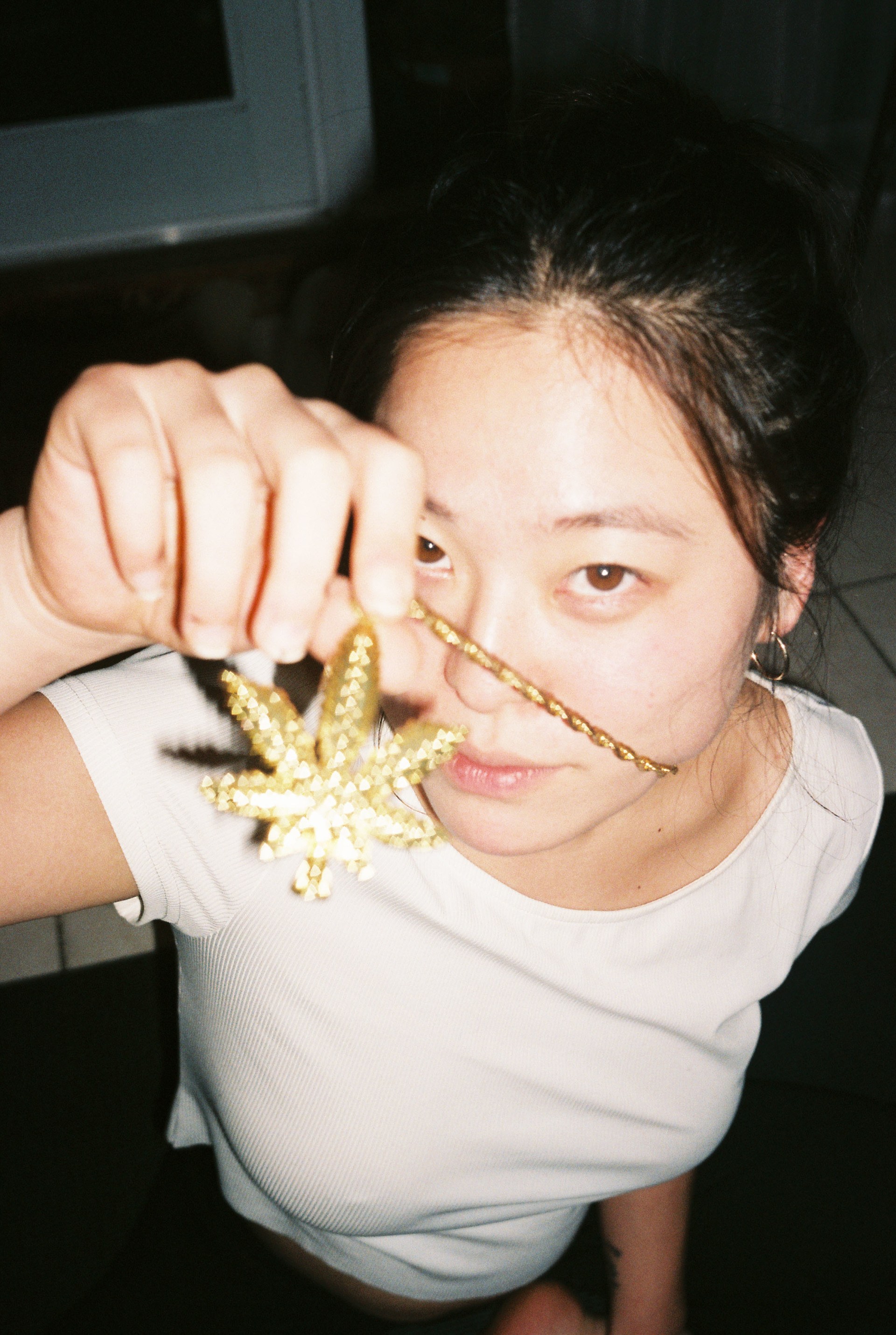
This conversation held many moments in which my own joy for interviewing creatives came through – a reminder that there is so much intentionality and voice behind the work that we see. South Africa is brimming with creative potential, and I look forward to witnessing Matt’s growth along new thematic substances.
Written by: Holly Bell Beaton
